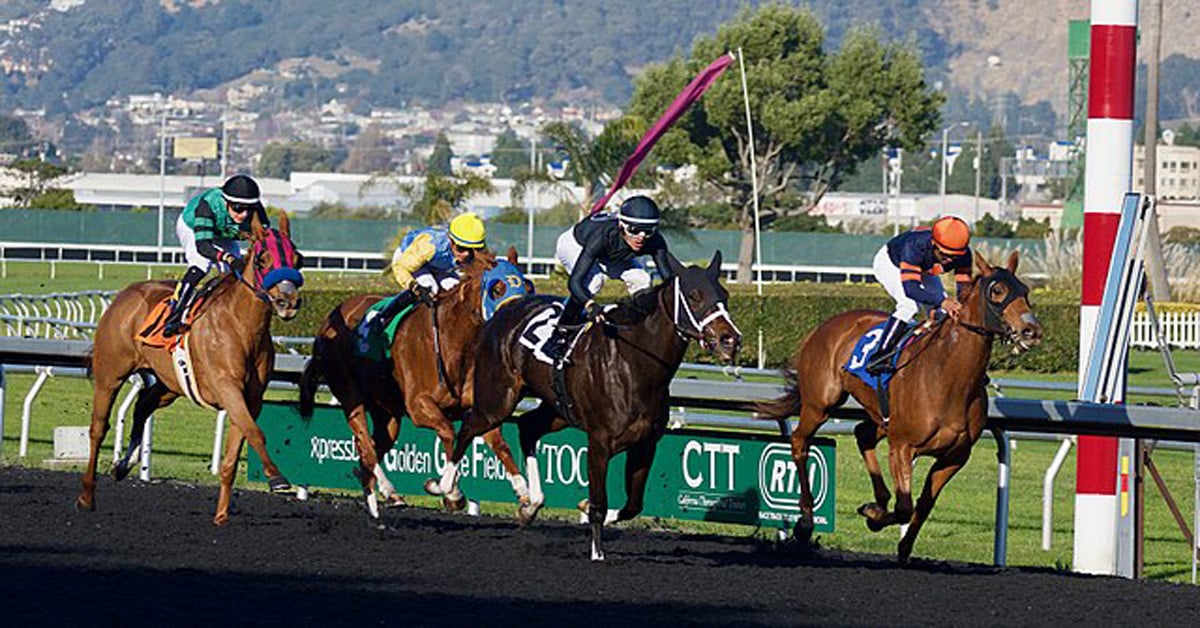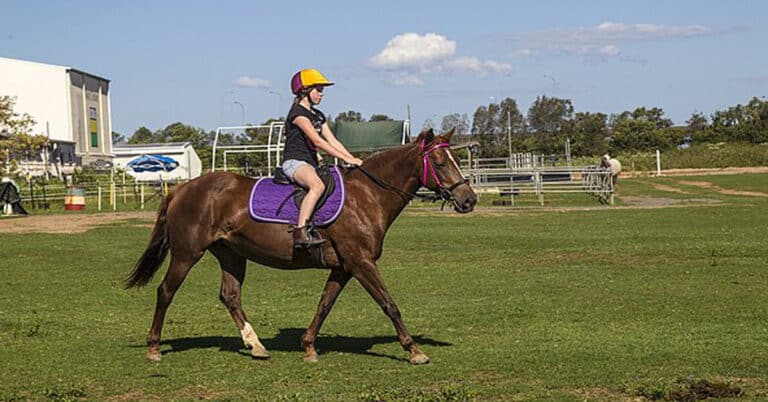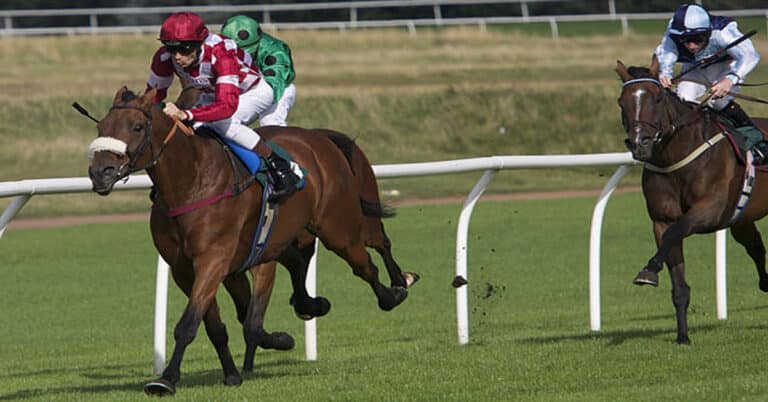Horse Racing – Historical Prevalence & Diverse Racing Types
Horse racing is, without any overstatement, the oldest of the sports that are believed to date back to 4,000 BC. Horse racing was especially prevalent in ancient times and was even included in the Greek Olympic Games. This type of sport was no less beloved in the Roman Empire as well.
Even though modern horse racing pretty much differs from its older form, it’s still considered one of the most attractive sports all over the world. Today, the sport has become widespread and viewers can easily watch Kentucky Derby live on TV or even make bets during the game from their smartphones.
Considering its continuous popularity, the number of US states that legalize the sport has increased accordingly. This upcoming year will be the first time Bluegrass State has legalized online sports betting. Fanatics Sportsbook Kentucky will be one of many sportsbooks that will be looking to take advantage, as horse racing fans are sure to make the most of the offered promos.
In order to celebrate this amazing fact, we’ve decided to take a look at how horse racing evolved as a sport and how it continues to attract millions of users every year.
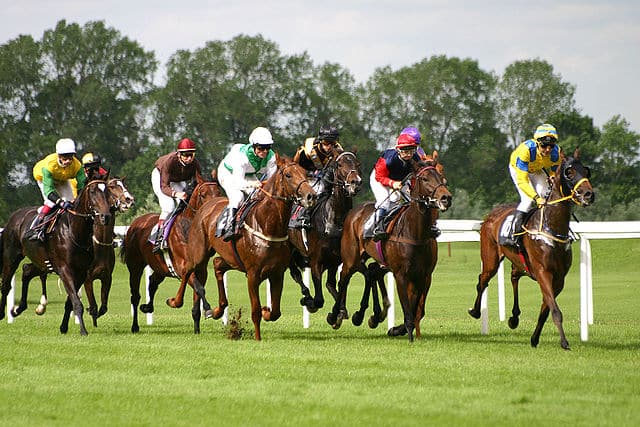
A Brief History of Horse Racing
With the fall of the Roman Empire, horse racing was forgotten until interest in such entertainment was revived in the 12th century when the Crusaders returned from Central Asian journeys and brought with them Arabian horses, which amazed people with their speed and endurance. During this period, Arabian, Barb, and Turk horses made a special contribution to the development of early European racing.
In ancient civilizations, other than the Greek and Roman civilizations, the history of organized horse racing was not firmly established. However, despite this, horse racing was also arranged in China, Persia, Arabia, and other Middle East and North African countries.
England
In medieval England, horse racing aimed to demonstrate the competitive advantage of horses that were meant for sale. Professional jockeys sampled their horses’ speed and endurance to show their qualities to potential buyers. Later, this sport even managed to interest the royal family and as a result, in the 16th century, King Henry VIII of England imported horses from Italy and Spain in order to introduce horse racing to the palace.
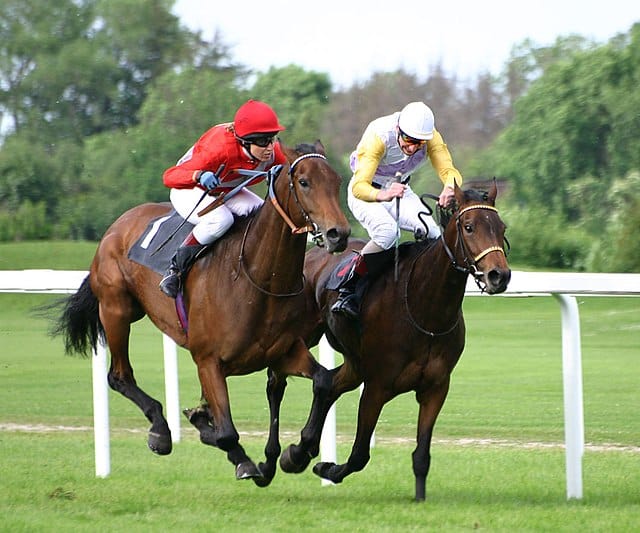
France
France is the first country where historically documented horse racing took place in Western Europe. This race, back in 1651, was initiated by a bet between wealthy people. As time went on, this sport became so widespread that, during the reign of Louis XIV, horse-betting competitions even became a popular public spectacle.
Interestingly, Louis XVI founded the Jockey Club because of his affection for horse racing. Even more — he established the official rules of the race with a special royal statute. Those were the first attempts to legalize horse betting and in light of this ruling, horses that were selected for the race needed to have certificates of origin and meet special health requirements.
3 Types of Horse Racing
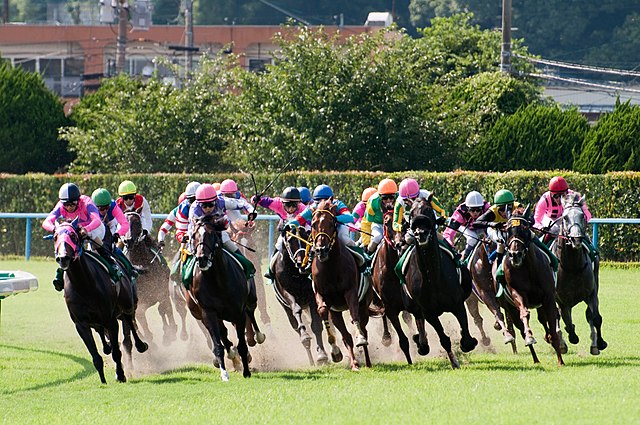
1. Match Races
The earliest procession of horse racing consisted of an average of 2-3 horses. The race was usually based on stakes, and those attending had their favorite horses even before the race began.
With the development of horse racing in England, John Cheney, in the first half of the 18th century, began to publish lists of horses participating in races and to compile various historical matchbooks. In just a few years, the foundation of the racing calendar was laid, which already informed interested parties about upcoming races.
2. Open Field Racing
In the middle of the 18th century, horse racing became an even more interesting sport for the public. During this time, the races were already held in larger open spaces and the number of participating horses increased as well. As a result, it became necessary to develop special rules regarding the age, sex, and place of birth of the participant horses, as well as the achievements and qualifications of the riders.
In connection with open field racing, the British Parliament passed an official act according to which the horses participating in the race should be the bona fide property of the owner. This law also included an official certificate for the horses as a mandatory.
Modern records of open-field racing have identified the jockeys who participated in the race, but previously the names of these people were not officially recorded and only the names of the winning riders were given in the race calendar. Soon, the organizers of the race realized that the rider was no less important than the horse. Consequently, from this period on, the role of jockeys was appreciated, and this profession became highly valued in society.
3. Handicap Racing
Handicap racing is another type of horse racing. But in contrast to the above-mentioned types of racing, in handicap racing, each horse carries a certain amount of weight. The reason is that the horse’s weight has an influential effect on the speed development during the race. In fact, that’s what gives all horses an equal chance of winning.
If the horse has better genetics and is healthier, obviously, it also has a better chance of winning a race. For instance, in the United Kingdom, horses are weighted according to a centralized grading system by the British Horse Racing Authority. The weight can only be increased if the horse succeeds and wins the race.
Final Thoughts
The history that started before Christ continues even now and proudly maintains its greatness. Few sports have a longer and greater historical significance than horse racing. From its origins to the present day, due to the impressive spectacle of the race and the exceptional athleticism of the horses, horse racing has been associated with the interest of the nobility. Therefore, it’s not surprising that even today it evokes special love in the broad circles of society.

Nato is a content writer and researcher with a background in psychology who’s eager to explore the wonders of nature. As a travel enthusiast and animal lover, she hopes to inspire others to discover and cherish the beauty and importance of the natural world.

